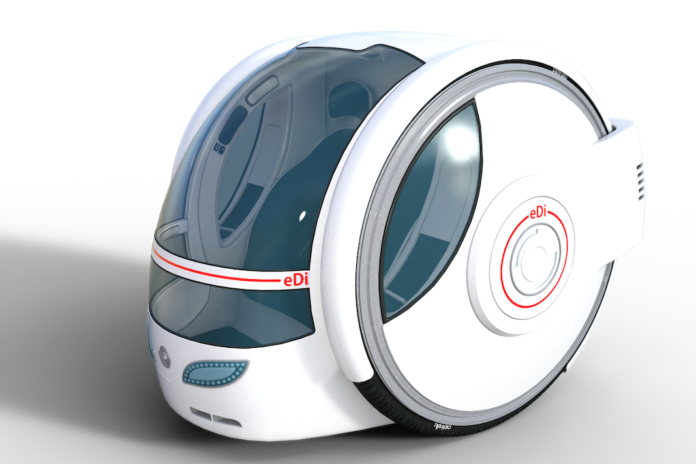AI in Transportation: Self-Driving Cars and Beyond
Artificial intelligence has transformed various industries, including transportation. Self-driving cars are becoming a reality, and the impact of AI in the transportation sector goes beyond autonomous vehicles. In this blog post, we’ll explore how AI is changing transportation, the benefits, and challenges.
Self-driving Cars
Self-driving cars have become a hot topic in recent years, and the technology is advancing rapidly. Companies like Tesla, Google, and Uber are investing in self-driving cars, and the market is expected to reach $556 billion by 2026. Self-driving cars use a combination of sensors, cameras, and AI algorithms to detect objects and make decisions. They can analyze traffic patterns, avoid accidents, and provide a more efficient and comfortable ride.
The benefits of self-driving cars are numerous. They can reduce accidents caused by human error, which is a significant cause of traffic fatalities. Self-driving cars can also reduce traffic congestion, as they can communicate with each other and coordinate their movements. They can provide mobility to people who can’t drive, such as the elderly or disabled. And they can reduce the cost of transportation, as car-sharing services become more prevalent.
Challenges of Self-driving Cars
However, there are challenges to the widespread adoption of self-driving cars. One of the biggest challenges is safety. Self-driving cars need to be able to detect and respond to unexpected events, such as pedestrians or other vehicles. They also need to be secure from cyber attacks, which could compromise their safety.
Another challenge is regulatory. There are currently no federal regulations for self-driving cars, and states have taken different approaches. This makes it difficult for companies to develop and test their technology.
Finally, there is the issue of public trust. A survey conducted by AAA found that only 22% of Americans would feel safe riding in a self-driving car. This is partly due to high-profile accidents involving self-driving cars, but also because people are not familiar with the technology.
Beyond Self-driving Cars
AI is also impacting transportation beyond self-driving cars. Traffic management systems use AI algorithms to optimize traffic flow, reduce congestion, and improve safety. Intelligent transportation systems can provide real-time information to drivers, such as traffic conditions and weather updates. They can also assist with route planning and provide alternative modes of transportation, such as public transit or bike-sharing.
In logistics and supply chain management, AI is being used to optimize delivery routes, track shipments, and predict demand. AI algorithms can analyze data from various sources, such as weather forecasts and traffic patterns, to improve delivery times and reduce costs.
Conclusion
AI is transforming transportation, from self-driving cars to traffic management systems and logistics. While there are challenges to the widespread adoption of self-driving cars, the benefits are numerous, including increased safety, reduced congestion, and improved mobility. As technology advances and public trust grows, we can expect to see more AI-driven innovations in transportation.





